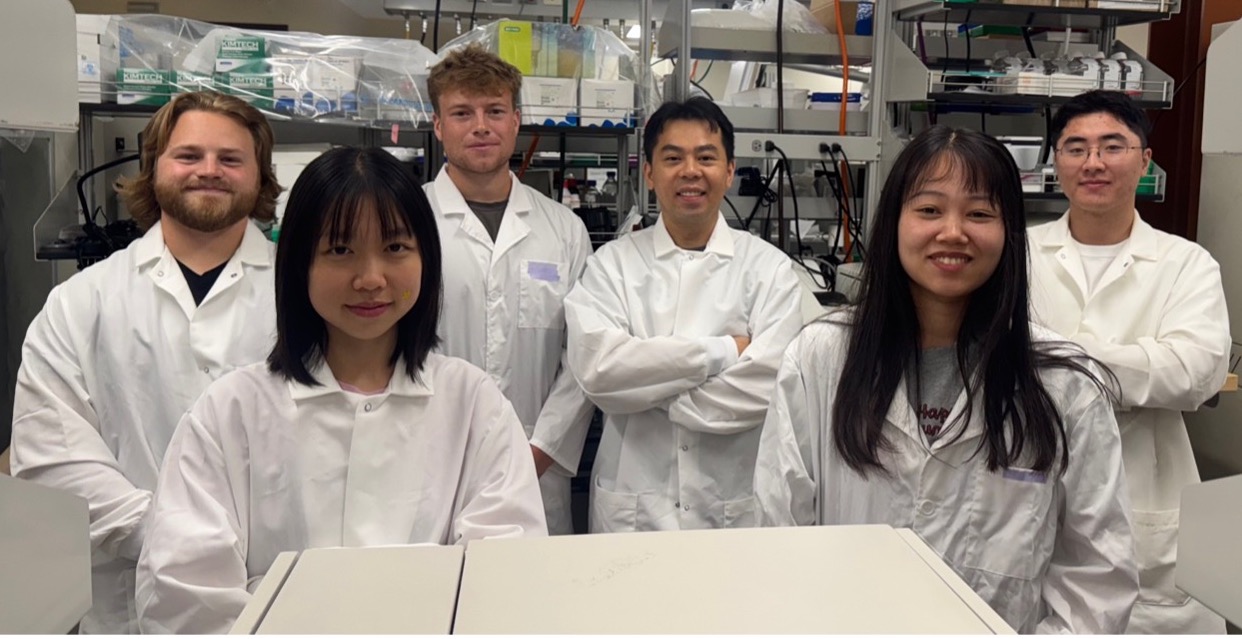A Binghamton University researcher has received more than $870,000 in grant funding to continue her study of neuroengineering technologies to treat spinal cord injuries.
Assistant Professor Siyuan Rao - a faculty member at the Thomas J. Watson College of Engineering and Applied Science's Department of Biomedical Engineering - seeks better methods to monitor and recover from the injuries, which affect more than 15 million people worldwide. Her collaborators include Boston Children's Hospital and Harvard Medical School.
"My colleagues and I are honored that our work is being recognized and supported by these grants, which will allow us to advance innovative bioelectronic technologies to better understand and promote recovery after spinal cord injuries," Rao said.

One of the grants - $400,000 from the Craig H. Neilsen Foundation - looks to leverage recent research on neural probes that includes conductive carbon nanotubes to monitor nerve activity. When integrated into bioelectronic devices, the hydrogel enables the recording of electrical signals from spinal cord neurons and leg muscles in mice.
The foundation's Spinal Cord Injury Research on the Translational Spectrum (SCIRTS) Pilot Grant supports the work of junior faculty. Rao and her collaborators hope to find which medication would promote functional recovery after injuries.
The National Institutes of Health awarded $470,293 to use multifunctional hydrogel neural probes for better understanding of "spinal shock," which is a temporary loss of all neurological function below a spinal cord injury. The NIH grant is through its R21 program, which funds exploratory, high-risk/high-reward research.
Rao came to Binghamton in fall 2023 with a National Science Foundation CAREER Award, which support early-career faculty who have the potential to serve as academic role models in research and education. She moved her Neurobiological Interfaces Lab from the University of Massachusetts Amherst as part of a $6.5 million SUNY initiative to grow faculty research in key areas.
To further fund her work, Rao also recently received an S.H. Ho Foundation Research Grant for Health Sciences and Technology with Assistant Professors Qianbin Wang (BME) and Wenfeng Zhao (Department of Electrical and Computer Engineering) as collaborators.







